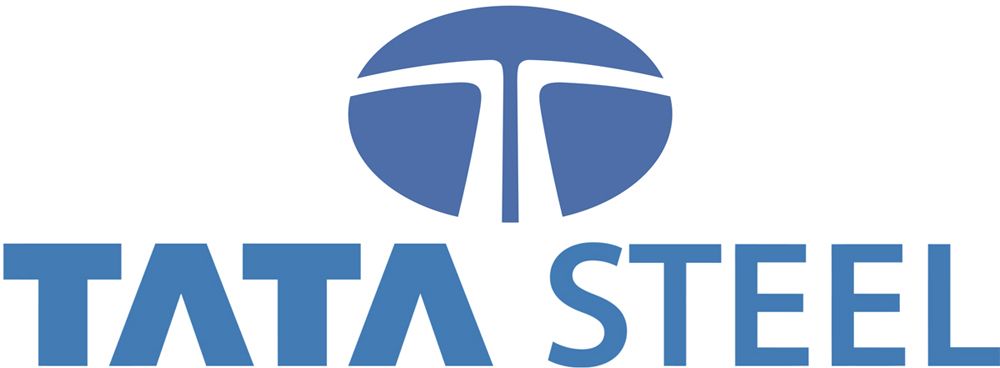After recent talks at Tata Steel’s headquarters in India, it has been reported that the company has decided to sell off its manufacturing plant in Port Talbot, South Wales, putting a further 4,000 jobs at risk.
The reported sale comes following the January and October announcements of 2,250 redundancies across the steel manufacturer’s UK plants and administrative sites following a reduction in steel prices, for which cheap steel imports are being blamed.
The decision came as the Indian-owned steel manufacturer rejected a ‘turn-around’ plan put together by unions and senior executives to reform the £1m a day loss-making plant.
Jonathon Aylen, steel industry specialist at Manchester Business School, told the BBC that buying the plant is “a punt” and that anybody looking to do so would be “betting on an upturn in the global steel market.”
Mr Aylen continued to say that “the game changer” in this instance is that the Government has made a commitment to securing the fate of the UK’s steel industry, with part of that commitment being a reported temporary buyout of Tata’s Port Talbot plant to keep it in operation and ensure a frame for the sale of the company’s UK operations.
Business Minister Anna Soubry told the BBC: “The Prime Minister has made it absolutely clear that steel is a vital industry and therefore we will do everything we can to continue the production in blast furnaces at both Scunthorpe and Port Talbot.
“I’m not going to say that we will be successful. I wish I could. I wish I had a magic wand. But we will do everything we can to secure the future of steel production, not just the milling and the rolling of steel, but the production of steel in blast furnaces at both those sites. We will do everything we can to secure it.”
UPDATE: In further developments today (March 31, 2016), David Cameron has said that nationalisation “is not the right answer”. Speaking to the BBC after chairing crisis talks to discuss what the Government will do about the Tata steel crisis, he said: “The situation at Port Talbot is of deep concern. I know how important those jobs are – those jobs are vital to workers’ families, vital to those communities.
“The Government will do everything it can, working with the company, to try and secure the future of steel-making in Port Talbot and across our country. It’s a vital industry.”
UPDATE: (April 12, 2016) Tata Steel has announced the sale of its long products division which it says will save its Scunthorpe steelworks, two Teesside mills as well as other facilities across the UK. Investment group Greybull Capital has bought the previously Indian-owned business in a deal that will see the relaunch of the British Steel brand that disappeared in 1999 when Corus bought out the company, later to be sold to Tata.
UPDATE: It was today (20/04/2016) announced that Stuart Wilkie, managing director of Tata’s UK strip products division, is to launch a management buyout of the company’s operations in the UK. At the time of writing it is unclear what the management buyout would entail, as Dr Kath Ringwald, a senior lecturer at the University of South Wales’ faculty of business and society, told BBC Radio Wales: “It is a very different plan; for example the Liberty plan is talking about no redundancies.
“Whether or not this plan could succeed on the same basis we don’t know but it is a very difficult time in market conditions to be tabling an ambitious plan for re-investment.”
UPDATE: On 21/04/2016 the BBC reported that Government has announced it is willing to take a 25% stake in any rescue of Tata Steel’s UK operations, with the business department putting together a support package “worth hundreds of millions of pounds” available to potential buyers. Business Secretary Sajid Javid said the money would be offered on commercial terms, but the Government would not take any control over the business.




